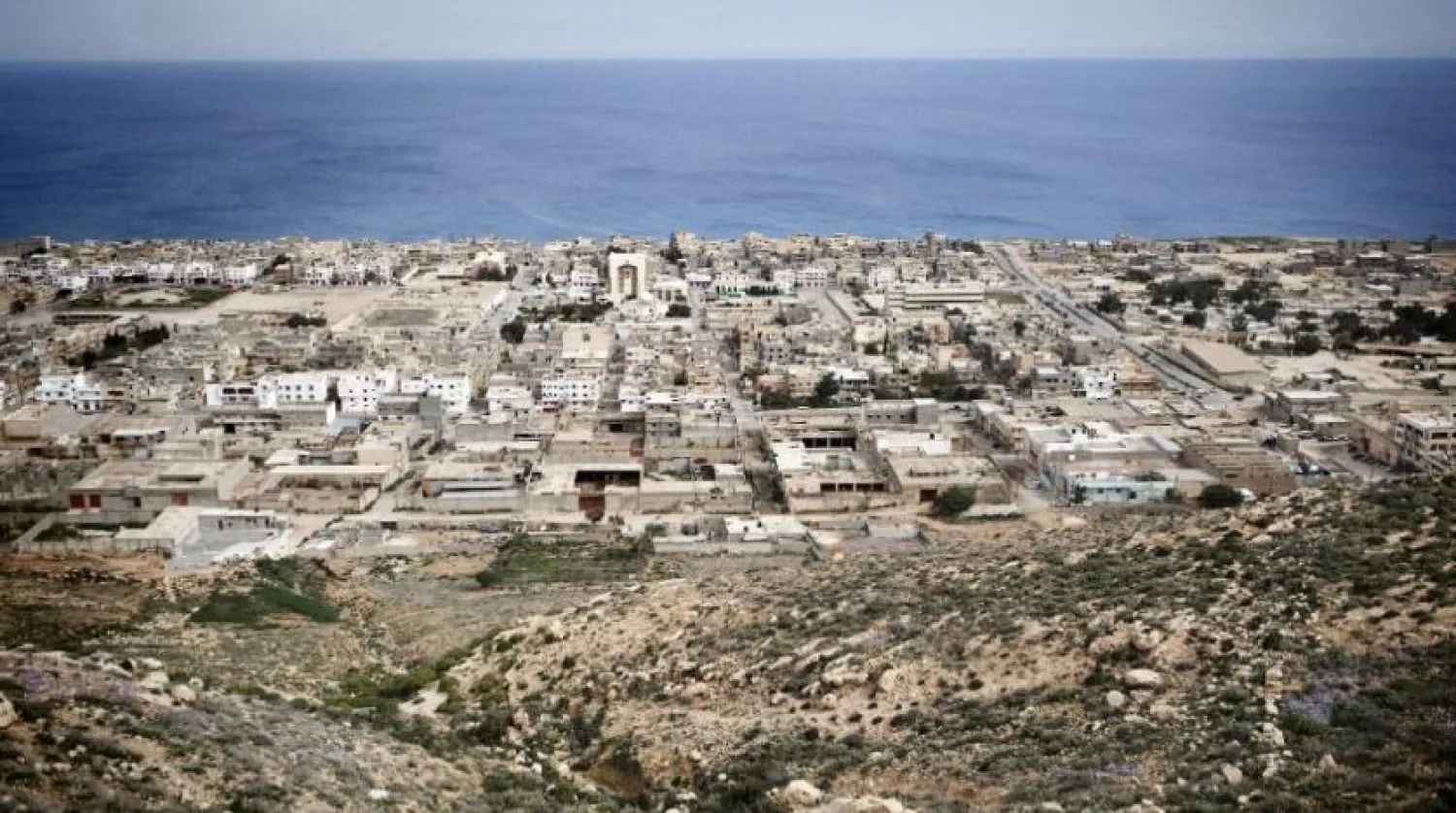Libya's health minister and his deputy have been detained as part of a corruption probe, prosecutors said Wednesday, the third detention of a cabinet member in recent weeks.
Ali Zenati and his deputy were held for questioning over suspected "imports of oxygen concentrators at 10 times the market value", which may amount to "non-compliance with regulations related to public contracts", said a prosecution statement, AFP reported.
The ministry had signed contracts with a company founded in August last year "despite it lacking... the necessary experience to carry out the agreed tasks", it added.
Libya has been mired in perpetual crisis since the 2011 revolt that toppled dictator Moamer Kadhafi, and corruption is rife throughout state institutions.
Zenati's detention comes after prosecutors questioned Culture Minister Mabrouka Touki in late December over a contract for maintenance works on ministry buildings which had already been refurbished.
That came a week and a half after Libya's Education Minister Moussa al-Megarief was arrested as part of an inquiry into a lack of schoolbooks.
Megarief remains in detention, while Touki was held for a few days then released, although she remains under investigation.









